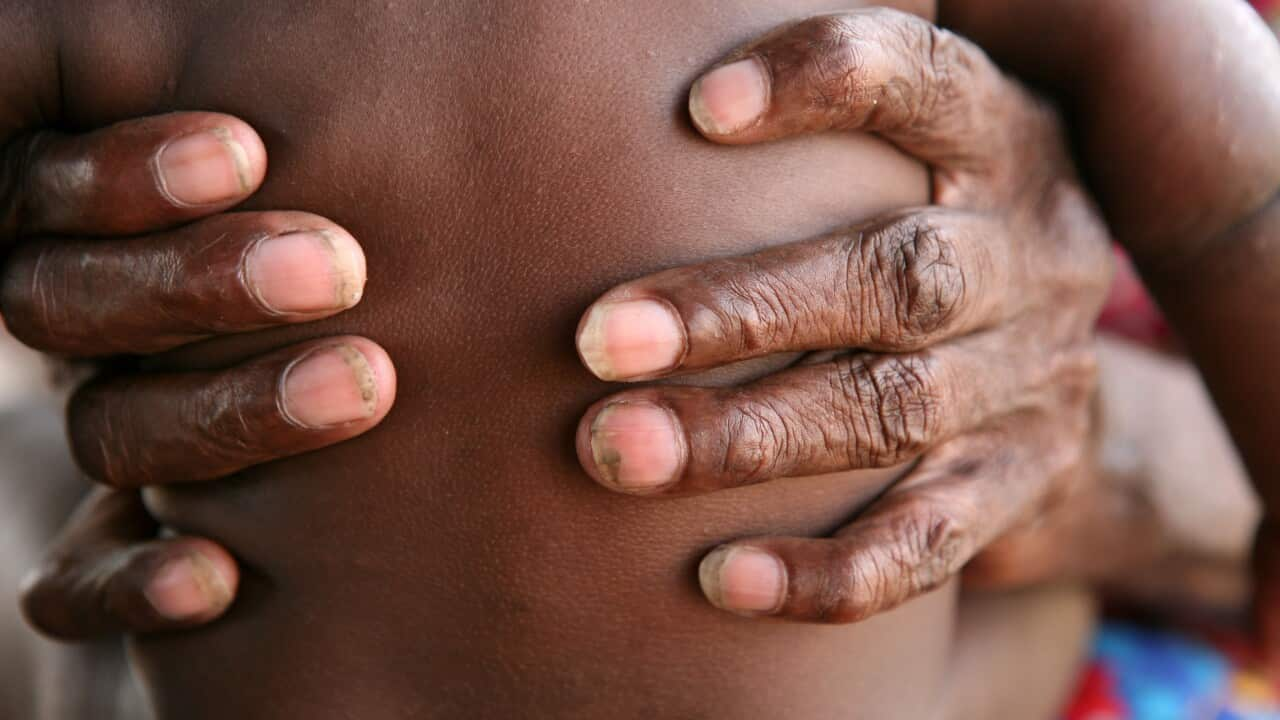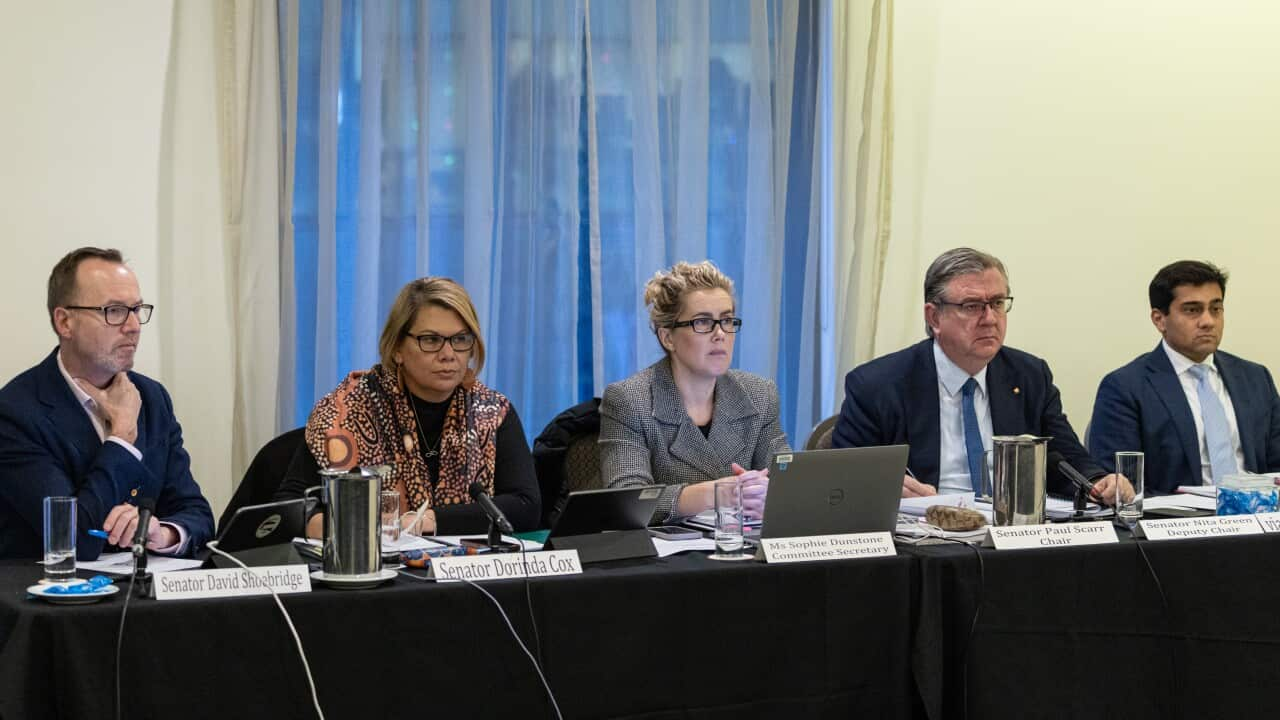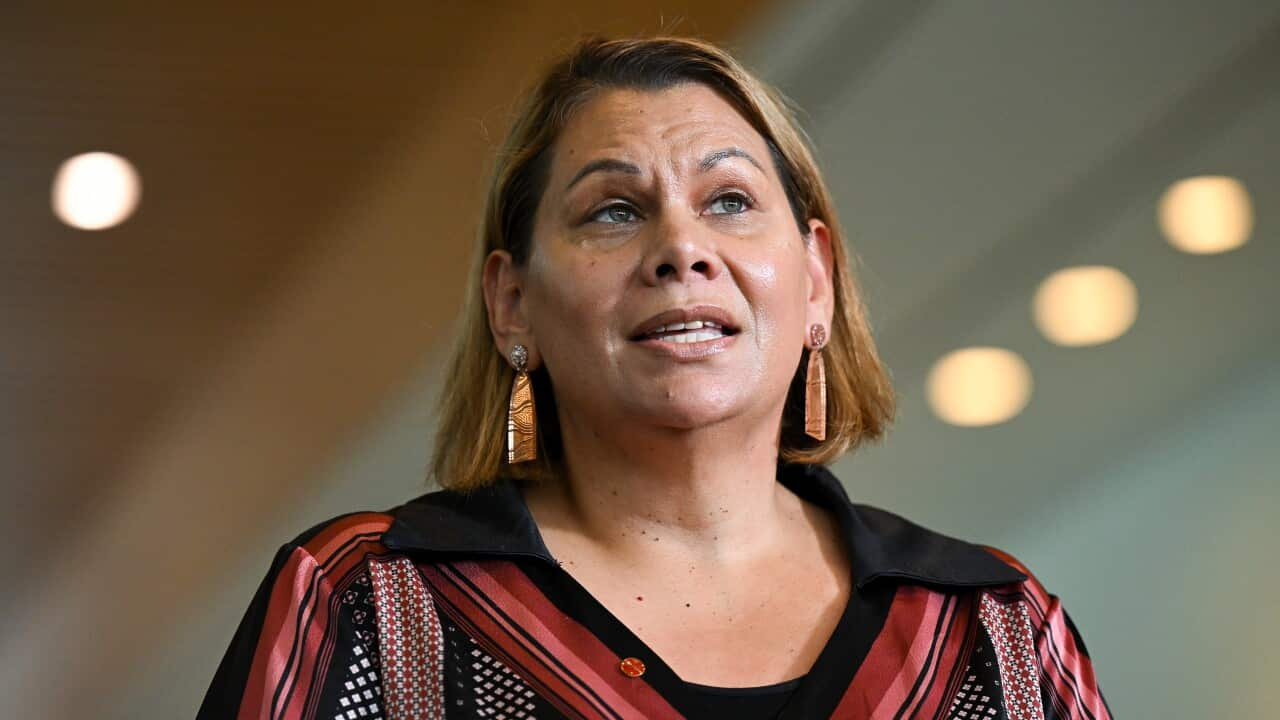A landmark inquiry into the disproportionate rates of murders and disappearances amongst Aboriginal and Torres Strait Islander women and children has found that victims and survivors receive 'little, if any, justice'.
The committee, which delivered its final report to parliament on Thursday, reported it "[could not] over emphasise how disturbed it was by the case studies presented to it”.
The report makes 10 recommendations for federal, state and territory governments to implement, however they have already been lambasted as 'not reflective' of the urgent change necessary.
"We are extremely concerned," said Greens Senator Dorinda Cox following the report's release.
"Problems have in fact been identified but the recommendations don't contain many solutions. Where solutions are presented, they are presented far too broadly.
"There a no performance indicators ... the glaring omission is the targets for improving data gathering.”
Ms Cox, a Yamatji-Noongar woman, said the report was about "actions and failures of a system that has, at its heart, racial and gendered violence".
"It is in fact a form of genocide when the system doesn’t properly respond to save the lives of First Nations people and [people] must continue to be outraged about this happening in Australia."
The committee recommended Indigenous people and federal, state and territory governments co-designed a "culturally appropriate and nationally significant" way to recognise First Nations women and children who have disappeared or been murdered.
The recommendations included a call for a First Nations person to be appointed to advocate on behalf of Indigenous women and children and address the issue of violence against them.
The recommendations also outlined the need to increase the geographic spread and capacity of family violence prevention legal services, provide sustainable funding for support services for First Nations people, and empower Indigenous women to lead the design and implementation of services and support to address violence in their communities.
Antoinette Braybrook, chief executive of Djirra, a Victorian-based Aboriginal family violence prevention service, said it was important Indigenous women had a platform to tell their stories through the inquiry but there must be action.
"Truth is uncomfortable," she said.
"It can be painful but it must be spoken, written down, and heard, and governments must act upon it.
"You cannot un-hear us now.
"We are watching, and we will continue to demand change.
"This must not be another report that sits on a shelf gathering dust."












